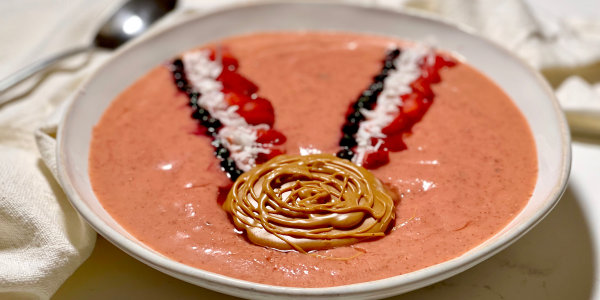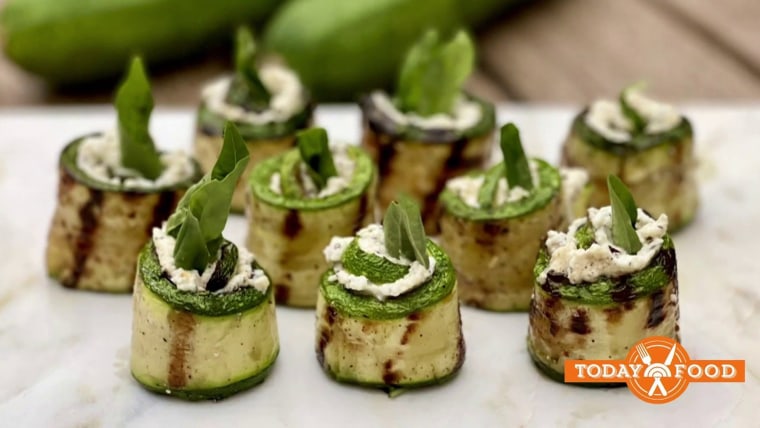Keto Diet Fat to Protein to Carb Ratio
I was a competitive gymnast in my younger life, and so when the Olympics come around, I am glued to the screen. I watch our athletes in awe and marvel at their strength, agility, speed, endurance, and sheer determination and grit. They are all downright extraordinary.
I've also worked with countless athletes on their nutrition throughout my career (from professional basketball players to gold medal figure skaters!) and can't help but think about all the healthy food that has supported their intense training, aided in their recovery, and enhanced their astounding performance. If you're a serious athlete yourself, or simply looking to get more fit, here's a quick lesson on how to get the job done. Spoiler alert: It's all about balancing protein, carbs and fat.
Protein
Protein is an important component of every cell in the body and is needed to build and repair muscle. When we work out, we create tiny little tears in our muscles and it's in repairing them that they get strong — that's where protein comes in! Protein is also essential for dense, healthy bones and bringing oxygen and other nutrients throughout the body for optimal performance.
Tips to incorporate more protein:
- Eat a hand-size piece of chicken, fish or meat with meals.
- Add nuts, seeds and beans to salads.
- Toss lentils into soups and stews.
- Add Greek yogurt to smoothies and use it to top baked potatoes.
- Make oatmeal with cow's milk or soy milk instead of water.

Courtesy Joy Bauer
High-quality carbs
Carbohydrates provide quick and continuous energy to power athletic performance. Having enough high-quality carbs in your diet will ensure you can exercise aggressively for prolonged periods of time, and that muscle mass is not broken down for energy. High-quality carbs (think vegetables, fruit, whole grains, lentils, beans and peas) also contain fiber, which helps steady blood sugar and keeps you feeling focused and energetic. Speaking of fab fiber, while it's imperative for athletes, it may sometimes cause digestive troubles (gas and cramping), so start by increasing your fiber intake in small increments and drink plenty of water to help wash it down.
Tips to incorporate high-quality carbs:
- Enjoy oatmeal with berries.
- Add vegetable toppings to pizza.
- Build sandwiches on whole-grain bread and layer on veggies.
- Snack on popcorn, veggies with hummus or salsa and fresh fruit.
- Enjoy frozen grapes, sliced peaches, mango and bananas for dessert.
Healthy fats
Make sure to include healthy fats on your plate. They help the body absorb fat-soluble vitamins (A, D, E and K), which are key for sharp vision, a strong immune system, bone health and muscle function. Fat also digests more slowly than carbs so they help keep you feeling full for longer and help prevent spikes in blood sugar, providing more sustained and steady energy.
Tips to incorporate heart-healthy fats:
- Add avocado to sandwiches or salads.
- Add nut butter to whole-grain toast, oatmeal or smoothies.
- Snack on nuts and seeds.
- Eat fatty fish twice a week.
- Cook with extra-virgin olive oil.
Hydrate
Our bodies are made up of about 70% water! Water is crucial for muscle contraction, healthy digestion, metabolism, internal temperature regulation and so much more. Staying hydrated also helps us to feel sharp and focused and ease joint pain.
How much sipping should you do? If you're more of a "sport spectator," aim to drink 50% of your body weight (in pounds) of water ounces each day. If you engage in moderate to intense activity, aim to drink your full body weight in water ounces each day. Oh, and plain water, sparkling water, coffee, tea, fruit juice and milk all count toward your daily hydration allotment.
Related:

Keto Diet Fat to Protein to Carb Ratio
Source: https://www.today.com/health/protein-quality-carbs-healthy-fats-fuel-olympian-worthy-diet-t226675